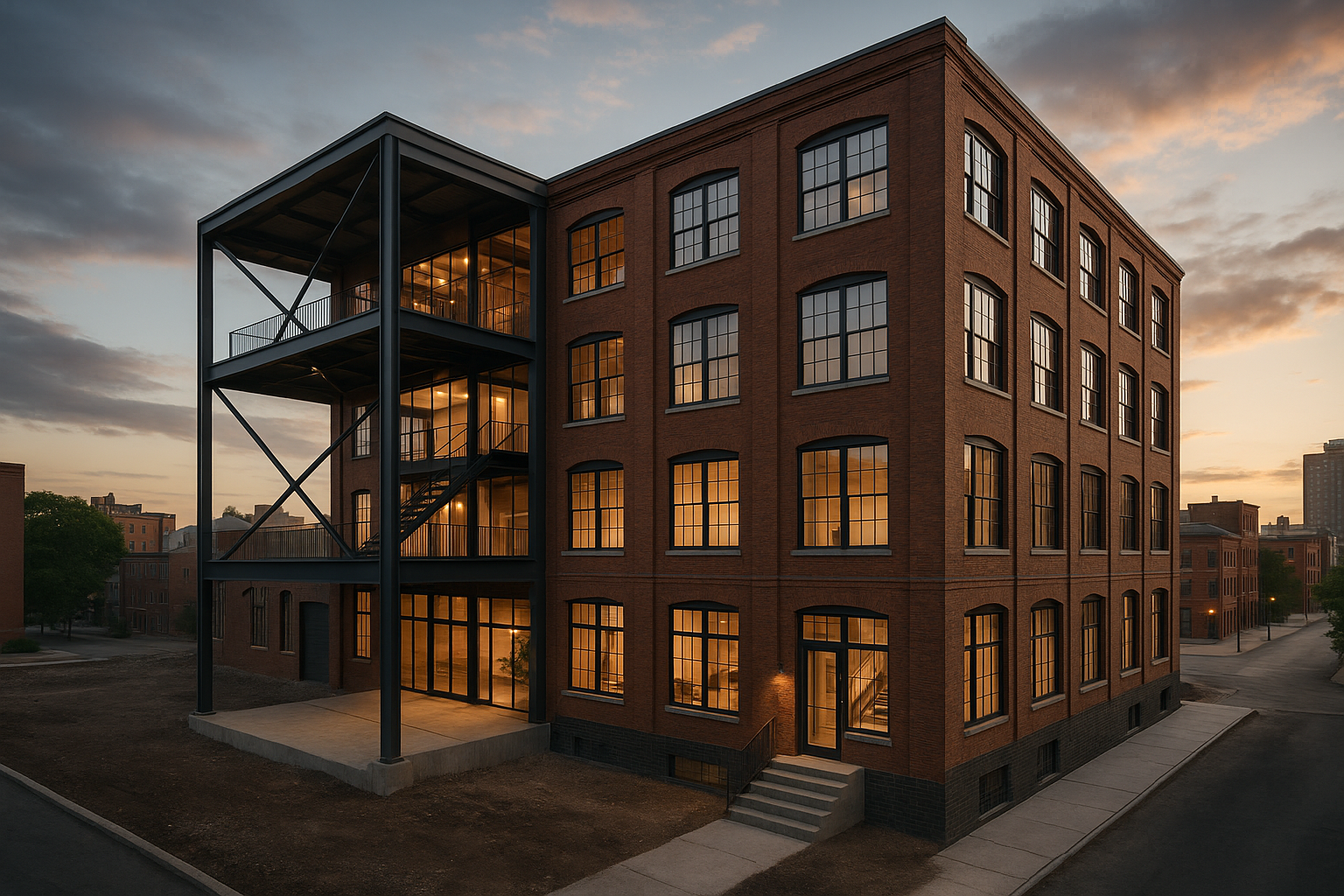The Silent Revolution: The Intriguing Shift in Millennial Housing Trends
Introduction: For decades, the American Dream was synonymous with home ownership. This dream is slowly being reshaped by the millennial generation. Read below to understand how and why this shift is happening and what it means for society as we know it.

The Historical Context
The idea of owning a home has long been a cultural touchstone in America. It represented stability, prosperity, and a piece of the proverbial pie. Sociologists have often linked this fascination with home ownership to the post-WWII boom, when affordable housing and favorable mortgage rates made it possible for a large majority of the population to own property.
The Millennial Shift
Yet, the millennial generation, those born between 1981 and 1996, are bucking this trend. High student debt, rising housing costs, and a preference for mobility and experiences over physical possessions have led many millennials to opt for rentals over buying a house. This shift is both a pragmatic adaptation to current economic realities and a reflection of millennials’ distinct values and priorities.
The Societal Implications
This change in housing preference has significant societal implications. On one hand, it is leading to increased urbanization as millennials flock to cities where renting is more common. On the other hand, it is contributing to a shift in the way we view success and prosperity. The white picket fence and sprawling backyard are no longer the universal symbols of achievement. Instead, millennials are seeking fulfillment in travel, experiences, and the flexibility to move and adapt as their circumstances change.
The Cultural Shift
The shift towards renting also reflects a broader cultural shift towards less permanent, more adaptable lifestyles. With the rise of the gig economy, remote work, and digital nomadism, the millennial generation is less tied to a specific location than previous generations. This freedom to move and change is reflected in their housing choices.
Research-backed Insights
Research supports these observations. According to a study by the Urban Institute, home ownership among millennials is about eight percentage points lower than it was for Gen Xers and baby boomers at the same age. The study attributes this decline to a variety of factors including delayed marriage, increased student loan debt, and a preference for living in metropolitan areas where housing is often more expensive.
In Conclusion
The millennial shift away from home ownership is a fascinating example of how economic, societal, and cultural factors intertwine to shape our behaviors and preferences. As this trend continues, we can expect to see further changes in our cities, our economy, and our conception of the American Dream.





